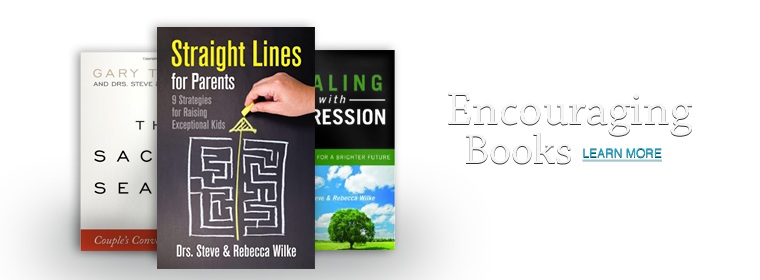For Jesus Christ, the Son of God, does not waver between “Yes” and “No.” He is the One whom Silas, Timothy, and I preached to you, and as God’s ultimate “Yes,” He always does what He says.
II Corinthians 1:19
The smile beaming brightly on her face seemed to light up the room, and all because this two-year-old had heard the marvelous three letter response to her question, “Can I watch Toy Story?”
“Yes.”
Now, to be quite honest, I wavered about responding in the affirmative. During the past month, we’d watched Toy Story so many afternoons following nap time that I almost had the script memorized. Indeed, “to infinity and beyond” and “you’ve got a friend in me” may be permanently embedded in my brain! But Rachel had not only taken a good nap but also had been great all day, so ‘yes’ was a simple reward for her positive efforts.
I thought about Rachel’s joyful spirit based on my response as I prayed about what to write for this season’s Sonkist message. That’s when I also came across an incredible verse tucked away in the New Testament. Let’s look again at what the Apostle Paul reveals about such a seemingly simple word:
For Jesus Christ, the Son of God, does not waver between “Yes” and “No.” He is the One whom Silas, Timothy, and I preached to you, and as God’s ultimate “Yes,” He always does what He says.
I pondered the concept of ‘yes’ contained in this verse for some time. Personally, I understand the powerful impact of the word. After all, who doesn’t like getting a yes versus a no—especially when it comes to something very important to us?
But by analyzing this portion of Scripture in greater detail, we discover that Paul is sharing a life lesson about the Yes that really matters most. Jesus is the confirmation of God’s promises to and for us. He both affirms and assures that they will come to pass. Most importantly for His followers, Jesus won’t waiver but rather “always does what He says.”
This led me to more thinking: what exactly has the Lord said? While there are so many promises found in Scripture, I considered three in particular that have a profound impact on our lives:
- For this is how God loved the world: He gave His one and only Son, so that everyone who believes in Him will not perish but have eternal life. (John 3:16)
- Don’t let your hearts be troubled. Trust in God, and trust also in Me. There is more than enough room in My Father’s home. If this were not so, would I have told you that I am going to prepare a place for you? When everything is ready, I will come and get you, so that you will always be with Me where I am. (John 14:1-3)
- Teach these new disciples to obey all the commands I have given you. And be sure of this: I am with you always, even to the end of the age. (Matthew 28:20)
Friend, this is the real “to infinity and beyond” story! The opportunity to live eternally with God is possible for anyone who chooses to believe in Jesus (this is confirmed again by the Apostle Paul in Romans 10:9-10). While believers await our eternal destiny, Jesus is preparing an incredible place for us in Heaven—our forever home (a reminder we find again in Hebrews 13:14). Finally, as our truest of friends, Jesus offers constant companionship throughout life’s journey (John 14:16-17 explains more about the Helper the Lord promises to all of His followers).
How can we be assured that Jesus will keep these promises? By virtue of His being “God’s Ultimate Yes.” Jesus is the One who says what He means—and means what He says. Every time. For all time.
Oh, may the beautiful season ahead be a time of soaking in all the promises the Lord has for you! Look for His guarantees tucked throughout the Word, those Truths about what God’s Ultimate Yes is doing—and will do—for you.
Thought of the Season
God’s way is perfect.
All the Lord’s promises prove true.
He is a shield for all who look to Him for protection … God arms me with strength, and He makes my way perfect.
Psalm 18:30, 32



